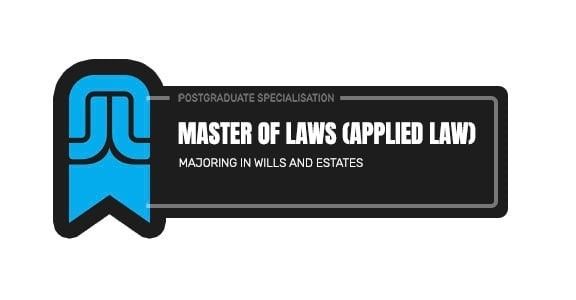Invalid Wills
Logically enough, a will is “invalid” when it does not meet one (or more) of the legal requirements to be a “valid” will. A valid will is a document that expresses the genuine testamentary intentions of the will-maker, written without undue influence and at a time when the will-maker has the necessary capacity. It must also be a properly signed and witnessed document, although the rules differ in each state and territory about signing and witnessing requirements.
When is a Will Invalid?
A will is invalid if it was created fraudulently, through forgery, or as the result of undue influence. Unfortunately, there have been cases when a will-maker has been misled into signing a will, or their signature was forged. There have also been many instances when a will-maker has been pressured or influenced into making a will.
A will is also invalid if it is made by someone without sufficient capacity. To make a will, a person must be over 18 years and able to understand the nature of the decisions that they are making. A will is invalid if the will-maker lacked the necessary mental capacity at the time to decide how their estate should be distributed.
This does not mean that a person who is suffering from a mental impairment cannot make a will, but the solicitor drafting the will may require medical evidence to show that the will-maker understands the nature of the document, the options available to them, and the impact of their choices.
Who Can Challenge an Invalid Will in NSW?
Only certain people, those with an “interest” in a will, can challenge an invalid will in NSW. These eligible people include anyone who is named in the will (or who was named under a previous will) or who would be eligible to inherit under intestacy provisions.
How to Challenge an Invalid Will
An eligible person can take legal action to challenge the validity of the will. The first step when challenging an invalid will is to file a probate caveat with the Probate Registry of the Supreme Court of NSW. This caveat acts as a notice that there are questions hanging over the will and informs the court that it should delay granting probate. After that, the caveator can file for a hearing where the court will look at the validity of the will.
If the court decides that the will is invalid, it will make an order dictating what should happen to the estate. If the deceased had an earlier valid will, the court can probate this previous will. Or if there is no earlier will, the court can declare the estate intestate, meaning that it is administered according to NSW intestate law. In that case, the deceased’s next of kin typically inherits.
It is important to understand that questioning the validity of a will is not the same as making a Family Provision Claim if you believe that you received inadequate provision under a will.
We can help if you need legal advice about invalid wills in NSW. If you need assistance, contact one of our lawyers at ad***@**********om.au or call 02 9150 6991 for expert legal advice.

